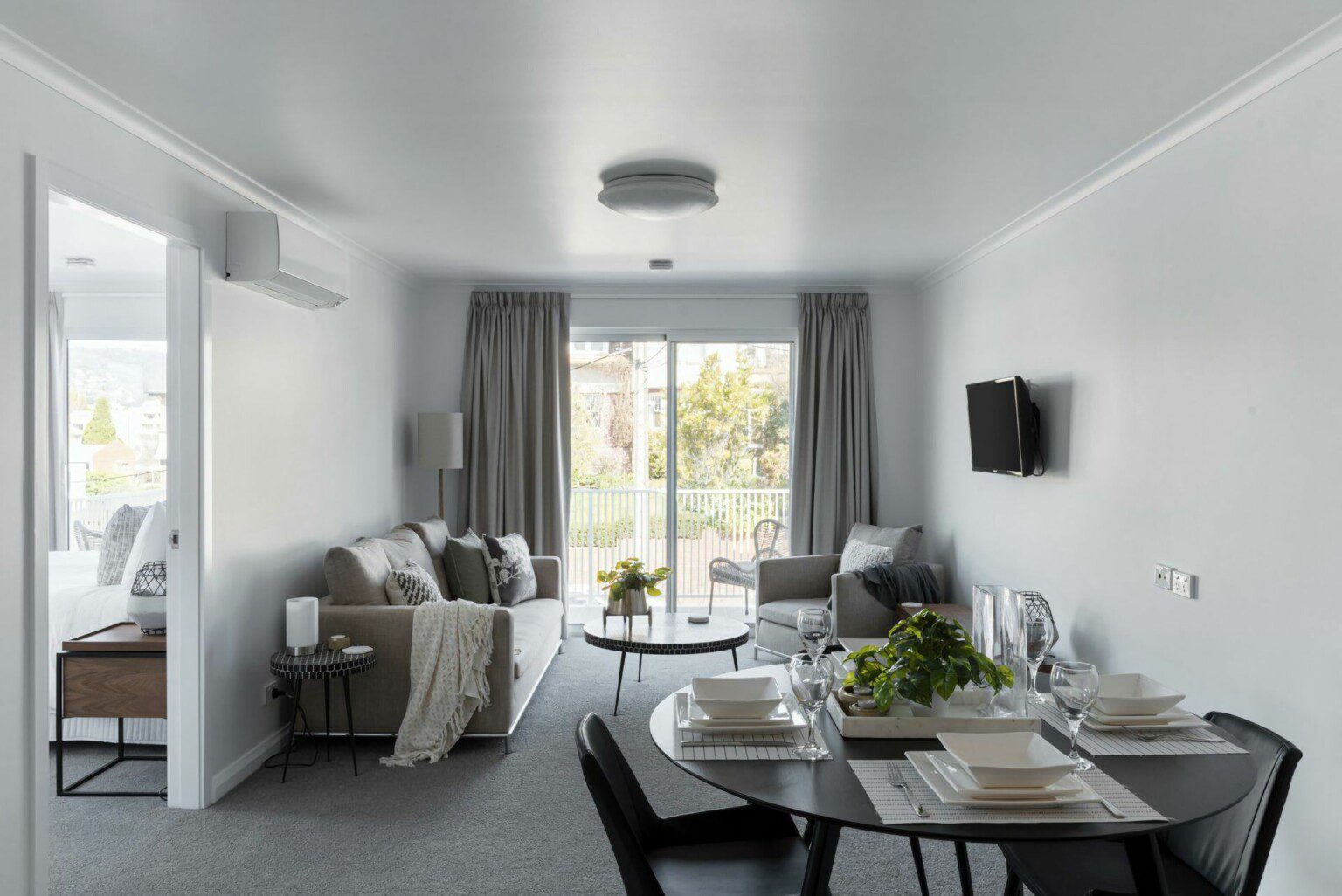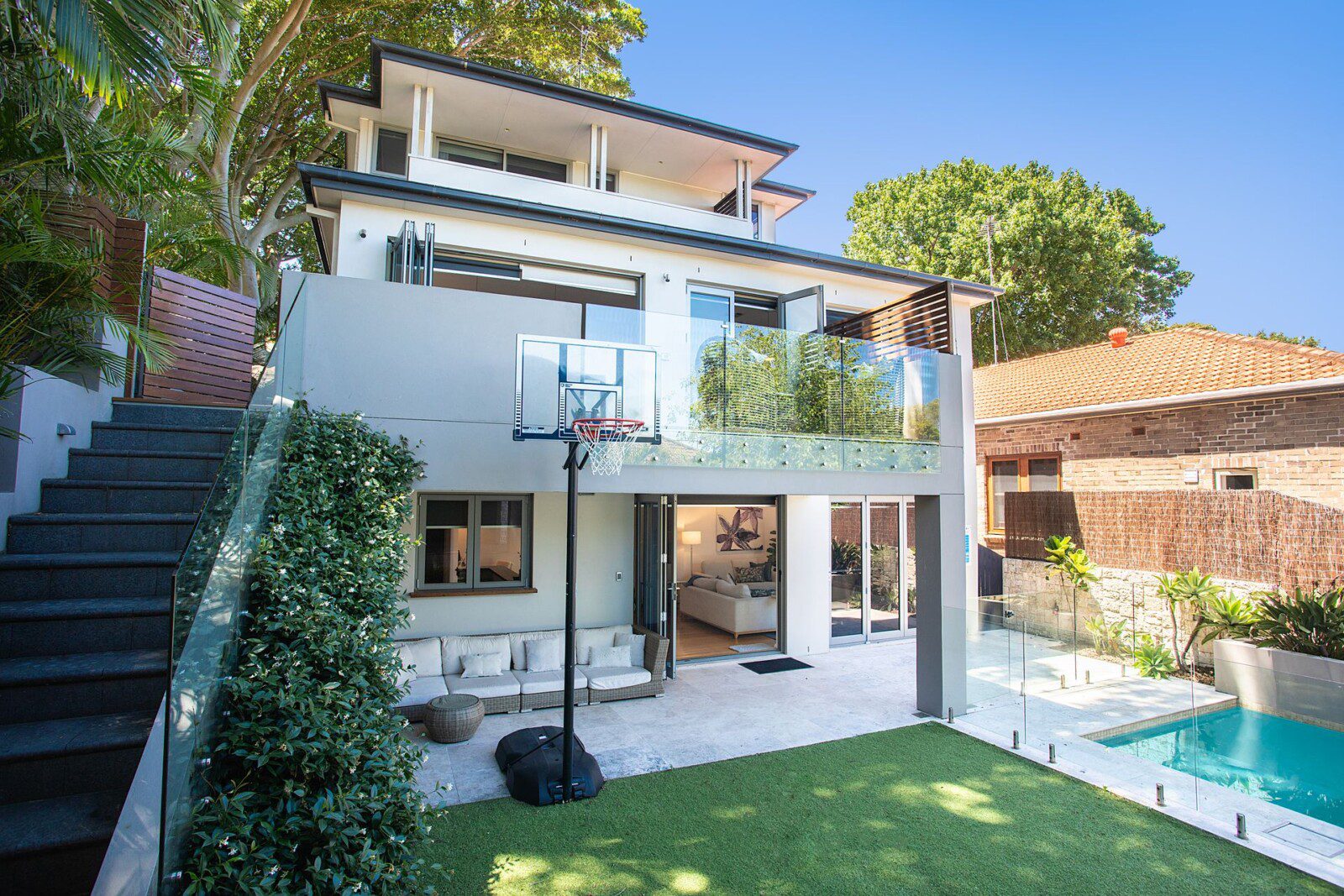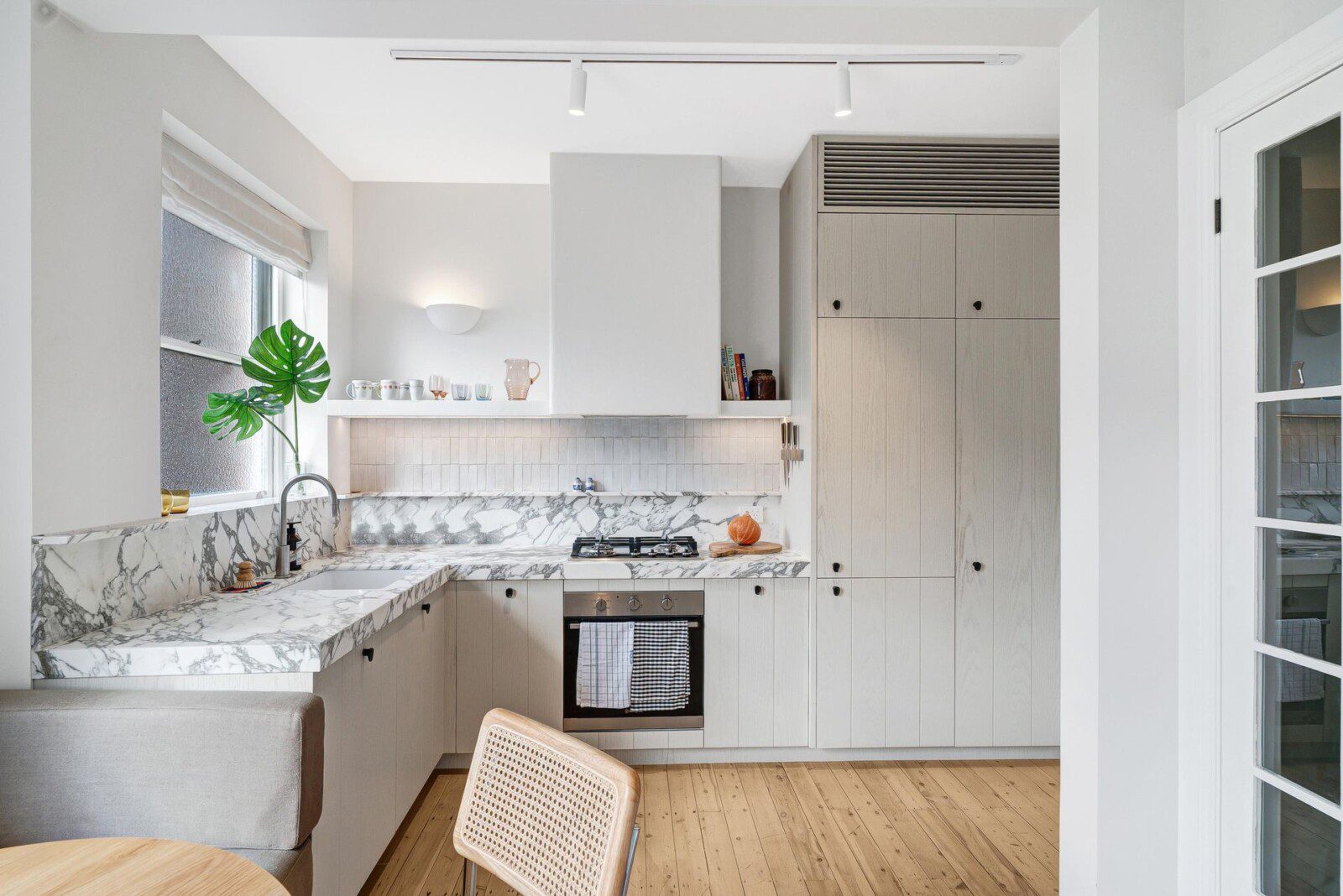Owning a rental property is a worthwhile financial goal, but many homeowners struggle to turn their space into a profitable holiday let. The two main challenges? Understanding the market demand and setting up your property to meet guest expectations.
Without proper planning, even a well-located home may fail to attract consistent bookings. This guide covers everything you need to know to successfully make your property into a holiday let.
What You Need to Do Before Letting Out Your Property
If you’re considering earning extra income by renting your home to travellers, you’ve likely asked, “How do I turn my house into a holiday home?”
To succeed in the short-term rental market, your property must be well-located, legally compliant, and guest-ready. Here’s a comprehensive checklist to see if your home is suitable to become a holiday let.
- Location & Accessibility
- Is the property in a prime location (coastal, city hub, countryside retreat)?
- Is guest parking available on-site or nearby (free or paid)?
- Are tourist attractions, dining spots, or leisure activities within easy reach?
- Legal & Compliance Requirements
- Does your local council permit short-term rentals?
- Have you checked zoning laws and secured necessary approvals?
- Are there restrictions imposed by a homeowners’ association or building management?
Make sure you’re across local rules like theRead more 180-day cap on short-term rentals – What hosts need to know.
- Property Layout & Comfort
- Are the bedrooms inviting, well-lit, and spacious?
- Is the bathroom modern, functional, and hygienic?
- Does the kitchen have essential appliances for self-catering guests?
- Must-Have Amenities
- Fast and reliable WiFi.
- Climate control (heating/air conditioning)
- Comfortable beds with quality linen
- Smart TV and entertainment options (streaming services, Bluetooth speakers)
- Secure and hassle-free check-in (digital locks, keyless entry, lockbox)
- Enhancing Guest Experience
- Does the property offer a unique feature like a scenic view, stylish decor, or a private outdoor space?
- Is it suitable for families with children or pet-friendly?
- Are there outdoor areas like a patio, BBQ setup, or garden?
- Do you provide extras like welcome hampers, local recommendations, or concierge services?
For practical ways to impress guests and boost reviews, check out our tips for getting your Airbnb guest-ready.
- Maintenance & Upkeep
- Is there a reliable cleaning and property maintenance team in place?
- Are waste disposal and recycling facilities easily accessible?
- Is the property regularly inspected for pests and general upkeep?
- Financial Viability & Pricing Strategy
- Have you calculated rental income potential versus operating expenses?
- Do you understand seasonal demand fluctuations in your location?
- Have you factored in tax obligations and deductible rental expenses?
Before you get started, it’s worth considering if a holiday rental truly delivers passive income, read more in Is a Holiday Rental Really “Passive Income”?.
Researching the Short-Term Market in Australia
Before listing your property, you must understand the demand in your area. Coastal towns like Byron Bay are popular with tourists and enjoy year-round bookings like city hubs such as Sydney and Melbourne. Wine regions see peak demand during seasonal events and weekends.
Once you know the demand, you should research your ideal guests to tailor your rental to their needs. Families may prefer spacious homes near beaches, while corporate travellers prefer high-speed WiFi and a dedicated workspace. If your area attracts tourists, consider adding amenities like a BBQ or outdoor seating.
This is part of your broader effort in holiday rental optimisation. For insights on how to adapt your property, check similar listings on Airbnb and Booking.com. Look at pricing, guest reviews, and occupancy trends and use this information to ensure your property stands out.
To get the most out of your holiday rental, start by exploring Australia’s best Airbnb markets to spot high-demand areas. If you’re considering Victoria, check out Melbourne suburbs with strong holiday rental returns to help guide your investment.
Checking Local Council Regulations & Planning Permissions
Every locality will often have some regulations and permissions that property owners must adhere to before converting their property into rental premises. Failure to comply with such rules can lead to fines, forced delisting, or legal disputes. Here are the main ones to keep in mind:
- Council Approval. Some local councils require permits or impose zoning restrictions on short-term rentals. If this applies to your region, check with the local authority for specific rules.
- State-Specific Limits. Sydney enforces a 180-day cap on non-hosted STRA properties, meaning you can’t exceed this limit unless you live on-site. Other regions may have similar restrictions.
- Lender Permission. If you have a mortgage, some lenders prohibit or limit short-term rentals. Consult your loan provider to avoid breaching your contract.
- Impact on Home Loan Terms. Renting your property may shift your loan classification to an investment loan. This could lead to higher interest rates and different tax obligations.
Tax Considerations for Holiday Lets
Overlooking tax obligations on your holiday rental can lead to fines or unexpected financial losses. Proper tax planning will also help you maximise deductions and ensure compliance with Australian laws. Here are key tax issues to consider:
Do You Need a Business License?
In Australia, whether you need a business license for your short-term rental (STRA) depends on your state regulations and the services you provide:
You MAY be classified as a business if you offer hotel-like services such as breakfast, concierge, or daily cleaning. This could impact your tax obligations and regulatory requirements.
Some local councils require permits or registration for STRAs, especially in high-demand tourist areas. For example:
- NSW – STRAs must be registered with the Short-Term Rental Accommodation (STRA) Register.
- Victoria – New regulations allow councils to impose additional restrictions on STRAs.
- WA & QLD – Some regions require approval before operating a short-term rental.
Tax Responsibilities & Deductions
Here’s what you need to know about your tax obligations:
- You must report all income from holiday lets to the ATO. Failing to do so may trigger audits or penalties.
- Eligible Tax Deductions. You can claim mortgage interest, property repairs, insurance premiums, and depreciation as tax deductions. However, these deductions may be limited if you use the property for personal stays.
- Personal use limits your ability to claim deductions, so keep clear records of booking periods and owner stays.
For a clearer understanding of your obligations, read our guide on the tax on rental income in Australia.
Getting the Right Insurance Coverage
Many first-time hosts assume their regular home insurance will cover short-term rentals, but this isn’t the case. Standard home insurance typically excludes damages caused by paying guests. You will, therefore, need short-term rental insurance, which covers guest-related damages, unexpected loss of income, and legal liabilities.
Standard home insurance typically excludes short-term guests. You’ll need holiday rental insurance Victoria, NSW, or state-specific coverage depending on where your property is located.
Similarly, you could be held responsible if a guest gets injured on your property. A Public Liability Insurance policy ensures financial protection against injury claims.
How to Prepare Your Property for Holiday Guests?
Many first-time hosts overlook key details like safety and detailed furnishing, leading to bad reviews and lost bookings. To ensure your rental stands out and remains guest-friendly, follow these three essential steps.
Step 1: Furnishings to attract guests
A well-furnished holiday home does more than just provide comfort. In fact, the right aesthetics can turn an ordinary rental into a must-book property.
- Go beyond functionality. Guests want more than just a place to sleep. Invest in a stylish, practical layout with statement décor and high-quality bedding. Create a stylish, Instagram-worthy layout.
- Must-have amenities. Ensure you have the basics. These include a fully stocked kitchen, high-speed WiFi, smart TV, and climate control (air conditioning/heating).
Step 2: Ensure you meet safety standards
A single safety oversight can turn an otherwise perfect stay into a disaster. Many hosts fail to consider guest security or emergency preparedness, often leading to legal issues or property damage.
- Fire safety. Install and test smoke detectors, provide fire extinguishers, and provide emergency exits.
- Noise control. If your property is in a quiet neighbourhood, set clear noise limits and communicate them upfront.
- Pet & smoking policies. If you allow pets or smoking, provide designated areas and proper ventilation to prevent property damage or complaints from future guests.
Step 3: Setting House Rules
Some hosts assume that guests will “just know” the rules. This is often not true. Here is what you should provide:
- Emergency protocols. Display evacuation routes, emergency contacts, and first-aid kits in easily accessible locations.
- Clear expectations. Outline rules for waste disposal, check-in/out procedures, and guest capacity to avoid misunderstandings.
- Security measures. If you use keyless entry or smart locks in the property, provide guests with clear instructions on usage and what to do in case of technical issues.
How Much Does It Cost to Run a Holiday Let in Australia?
Running a short-term rental isn’t just about guest bookings, it requires ongoing investment. Below is a breakdown of the key costs every holiday rental owner should plan for. Keeping track of these helps you forecast profit and monitor performance over time.
Property costs
- Mortgage or loan repayments: Regular repayments for properties under finance.
- Property rates & taxes: Includes local council rates, land tax, and tourist levies.
- Insurance: Make sure you’ve got holiday rental insurance and public liability coverage.
- Utilities: Electricity, water, gas, internet, and streaming services.
Maintenance & furnishings
- Repairs & general maintenance: Routine upkeep and emergency fixes.
- Furnishings & appliances: Initial setup and future replacements.
- Waste management: Local rubbish and recycling collection fees.
Marketing & booking platform costs
- Listing fees & subscriptions: Costs for using platforms like Airbnb, Stayz, and Booking.com.
- Photography & copywriting: Optional but helps listings stand out.
Guest experience expenses
- Welcome gifts: Local treats, wine, or snacks to surprise guests.
- Linen & towels: Regular laundering and replacement for hygiene.
- Smart locks & security: Digital entry systems and maintenance.
- Concierge extras: Add-ons like airport pickups, wine tours, or stocked fridges.
Operational & management costs
- Property management fees: If you use a third-party manager.
- Cleaning & maintenance staff: Per-stay cleaning or ongoing wages.
- Legal & safety costs: Fire safety checks, alarm servicing, compliance certificates.
- Accounting & tax services: Ongoing help to stay compliant with the ATO.
Tips to Maximise Profit From Your Holiday Let
Once your costs are under control, here are ways to optimise earnings and guest satisfaction:
- Charge for late check-out or early check-in convenience.
- Offer curated experiences (e.g. winery tours, beach picnics, massage therapy).
- Make your property pet-friendly and apply a small surcharge.
- Use email follow-ups to offer returning guest discounts or referral bonuses.
- Leave handwritten notes or welcome baskets for that personal touch.
- Design an Instagram-worthy backyard: think fire pits, festoon lighting, and lush seating.
- Upgrade to energy-efficient appliances and full kitchen amenities to attract long-stay bookings.
How to Turn Your Holiday Home into a High-Performing Asset?
Managing a short-term rental takes time, strategy, and expertise. That’s why property owners trust L’Abode Accommodation. From dynamic pricing and listing optimisation to guest screening, concierge services, and professional cleaning, we handle every detail. You get higher returns with less stress.
Explore our expert holiday house management services and tailored short term property management solutions.
Ready to unlock your property’s full potential? Explore what we offer and let L’Abode do the heavy lifting.






